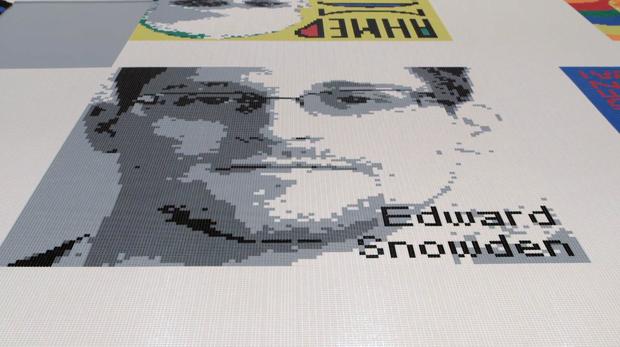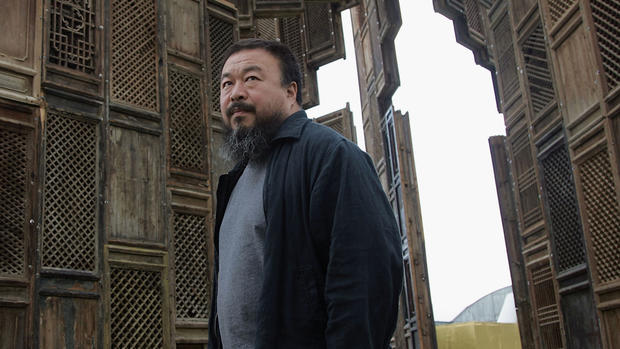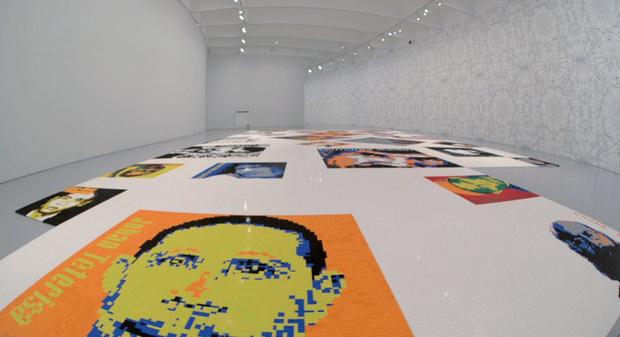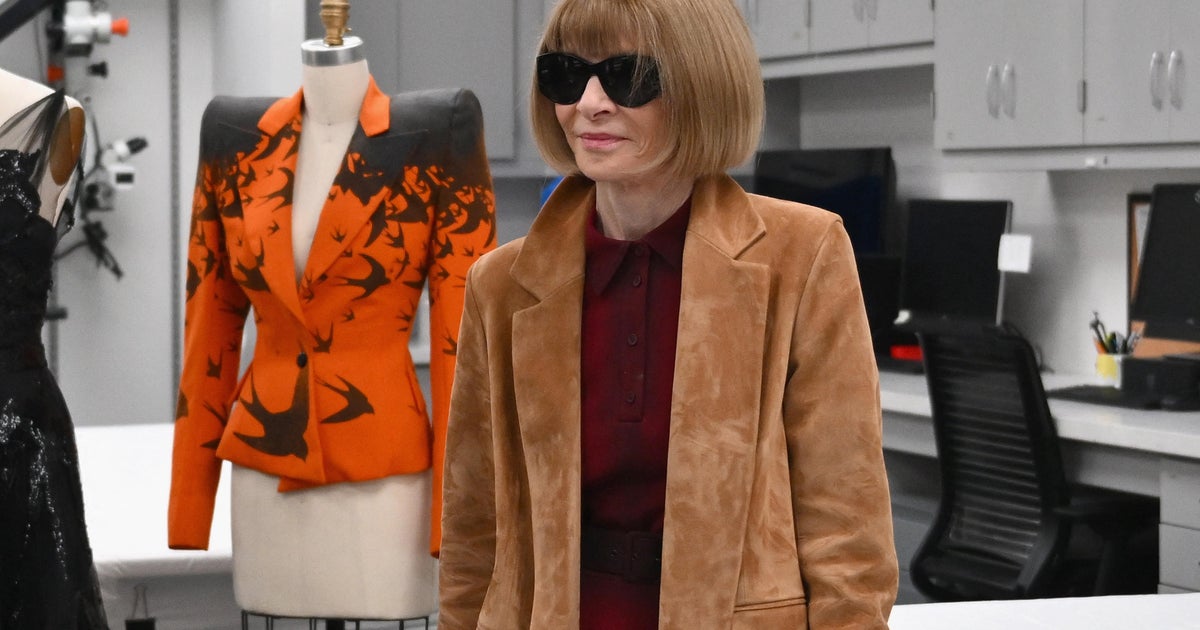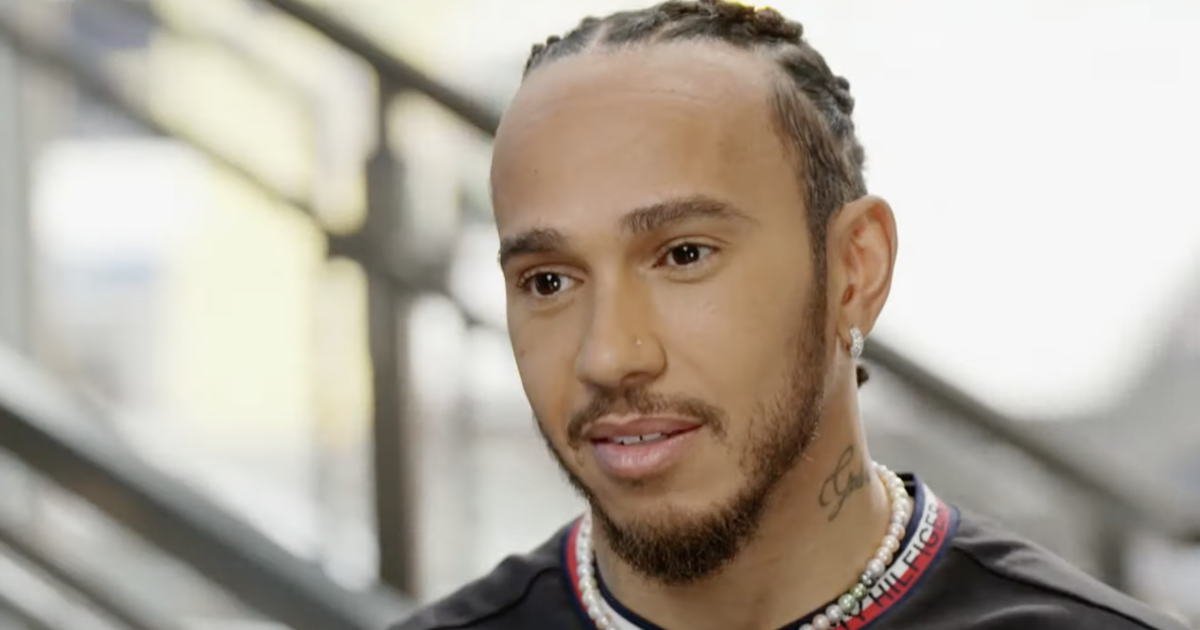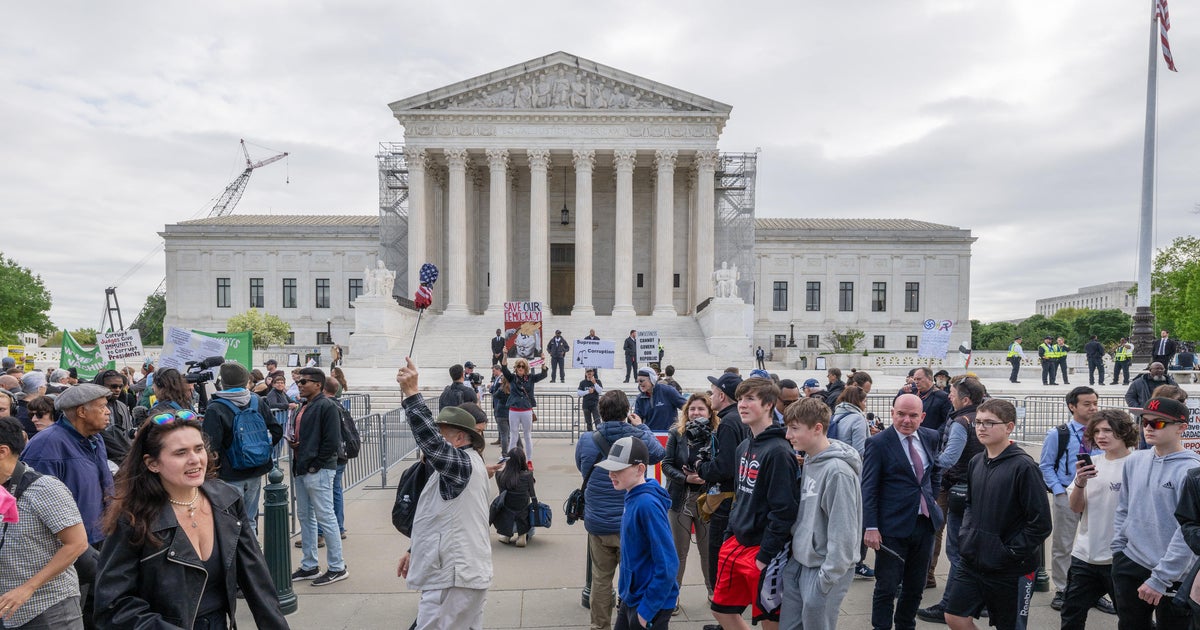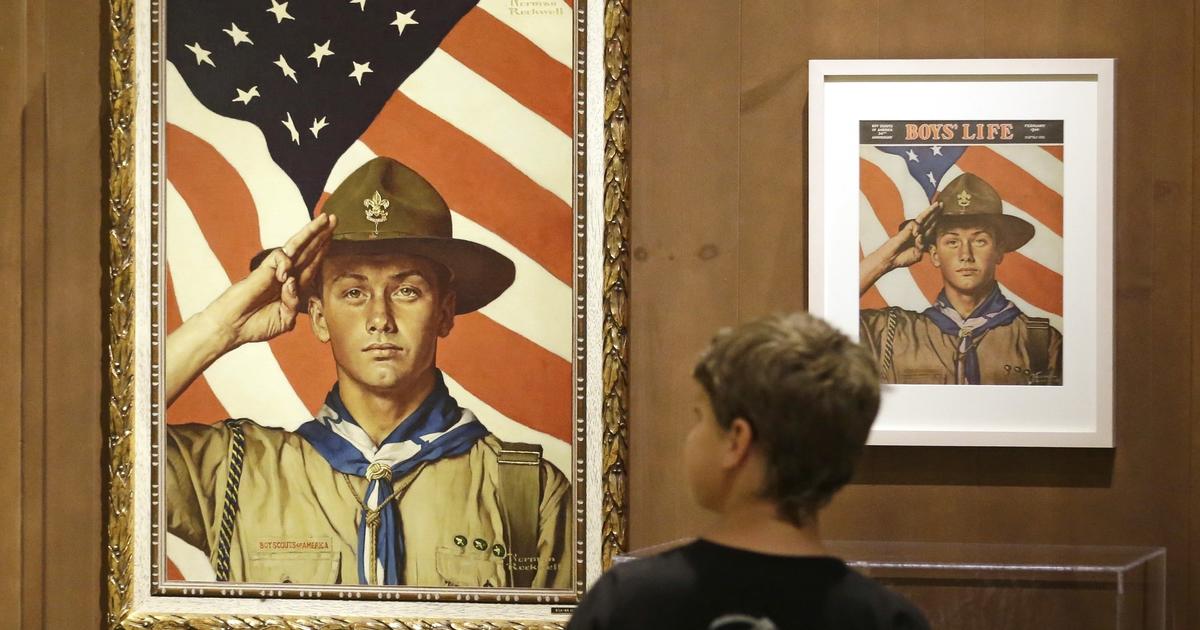Chinese artist and activist Ai Weiwei's new exhibit puts a spotlight on free speech advocates
Chinese activist Ai Weiwei is one of the world's most famous artists, known for sticking his finger in the eye of the Chinese government and symbols of state power.
One of Ai's latest American exhibits--which features the portraits nearly 200 activists, prisoners and free speech advocates--has just made its East Coast debut in Washington's Hirshhorn Museum.
This exhibit is Ai's second in Washington, but the first he will be able to attend. During his first debut there, the Chinese government kept him from leaving China, reports CBS News' Errol Barnett.
That experience drove him to create works celebrating other activists and to bring awareness to major human rights issues.
"This is first time I've seen my work here," Ai said.
Assembled by hand with thousands of plastic Lego bricks, 176 portraits cover 700 feet around the ring-shaped museum.
Some names are familiar to Americans: from controversial whistleblowers like Edward Snowden and Chelsea Manning to civil rights giants like Nelson Mandela and Martin Luther King, Jr.
Others are lesser known but include freedom fighters imprisoned for life.
"I have so many friends who never get released," Ai said.
On the day we met with Ai, longtime friend Liu Xiaobo was said to have been moved from prison and held on medical parole because of his deteriorating health.
"He believes China should become a democratic society. That's all he did," Ai said of his friend.
In 2010 Liu and Ai were both stopped from traveling abroad after Liu became the first Chinese citizen awarded the Nobel Peace Prize, an honor he never received in person.
But Ai says the entire installation is a portrait of activism.
"Those are real people, real story. It represents the most bright ideas fighting for freedom," Ai said of his work.
But the Lego-made face of one notable Chinese activist is missing - his own.
A 2008 earthquake in China's Sichuan province killed at least 70,000 people, including more than 5,000 children.
Enraged, Ai lead a "citizens" investigation, discovering low-quality building materials contributed to student deaths. He also gathered and published the names of all the youngest victims.
Ai was beaten by police, resulting in a cerebral hemorrhage, which he also documented.
In 2011, authorities put a bag over Ai's head while he waited for a flight, detaining him for 81 days.
Ai used that experience as inspiration for a music video and dioramas with guards watching his every move.
Asked whether he feels he's created change, Ai said, "It's very hard to measure. I would not say in the larger scale because I still think the structure is quite fragile."
He continued, "In the way they have to censor someone like me. They're never sure if they can be really winning if there's a freedom of speech."
On Instagram, Ai documents just about everything he does and everyone he meets. He also posts images without clothes on. It too is a response to censorship.
"My name cannot appear on Chinese social media," Ai said.
"Yeah, it's illegal words. Nobody can put my name on social media and sometimes even they see a photo of my backside, they can recognize, that's him. They will delete the whole article," Ai said.
Speaking just a few miles from the White House, Ai told Barnett he's delighted by the social media habits of its powerful resident.
"I was amazed or charmed to see a president wake up at midnight and tweets. Normally we think a president holds all the secrets will never tell you what he thinks about," Ai said. "It can be controversy or can be unpredictable."
Ai finds it to be authentic.
"When he touches that sending key, he believes it's a good idea to share it," he said.
Ai left China in 2015, four years after the Chinese government confiscated his passport, preventing him from leaving the country.
After Ai was detained he still had to wait four years for the Chinese government to return his passport.
He now has a studio in Berlin and travels the world with his young son, who was part of his inspiration to use a children's toy as part of his work.
